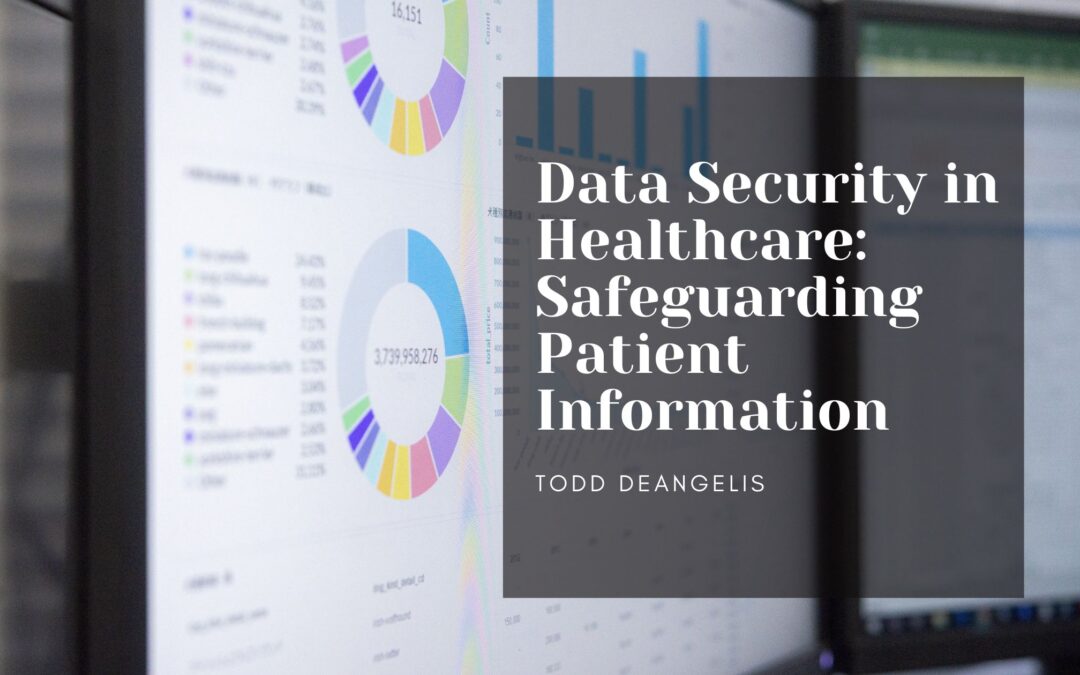In the digital age, the healthcare industry relies heavily on electronic health records (EHRs) and digital technologies to streamline processes and improve patient care. While these advancements offer numerous benefits, they also raise significant concerns about the security and privacy of patient information. Data security in healthcare is paramount, as breaches can have severe consequences for patients and healthcare providers.
- Understanding the Value of Healthcare Data
Healthcare data is incredibly valuable, containing sensitive information such as patient medical history, diagnoses, treatments, and personal identifiers. This data is critical for providing timely and accurate medical care and is attractive to cybercriminals seeking to commit fraud, identity theft, or sell information on the black market. Recognizing the value of healthcare data is the first step in understanding the importance of robust data security measures.
- Implementing Robust Access Controls
Controlling who has access to patient data is a fundamental aspect of data security. Implementing role-based access controls ensures that only authorized personnel can access specific patient records or sensitive information. Regularly reviewing and updating these access permissions, especially when staff roles change, is essential to prevent unauthorized access and data breaches.
- Encryption for Data Protection
Encrypting healthcare data adds an extra layer of security by converting sensitive information into unreadable code that can only be deciphered with the appropriate encryption key. Data at rest (stored data) and in transit (data transmitted between systems) should be encrypted. Encryption helps protect patient data from unauthorized access, even if a breach occurs, making the information useless to cybercriminals without the decryption key.
- Regular Security Training for Healthcare Staff
Human error is a common cause of data breaches in healthcare. Staff members may unknowingly fall victim to phishing emails or inadvertently share sensitive information. Providing regular security training and awareness programs educates healthcare professionals about the latest cybersecurity threats, phishing techniques, and best practices for handling patient data securely. Well-informed staff are the first line of defense against cyber threats.
- Data Backups and Disaster Recovery Plans
Data backups are crucial for ensuring data availability and integrity, especially during ransomware attacks or hardware failures. Regularly backing up healthcare data and storing backups in secure, off-site locations helps mitigate the impact of data loss. Additionally, having a robust disaster recovery plan ensures that healthcare providers can quickly restore critical systems and services following a cybersecurity incident.
- Compliance with Regulations
Healthcare organizations must comply with industry regulations such as the Health Insurance Portability and Accountability Act (HIPAA) in the United States. These regulations outline specific security and privacy requirements for healthcare data. Ensuring compliance with these standards helps protect patient information and avoids legal consequences and financial penalties associated with non-compliance.

